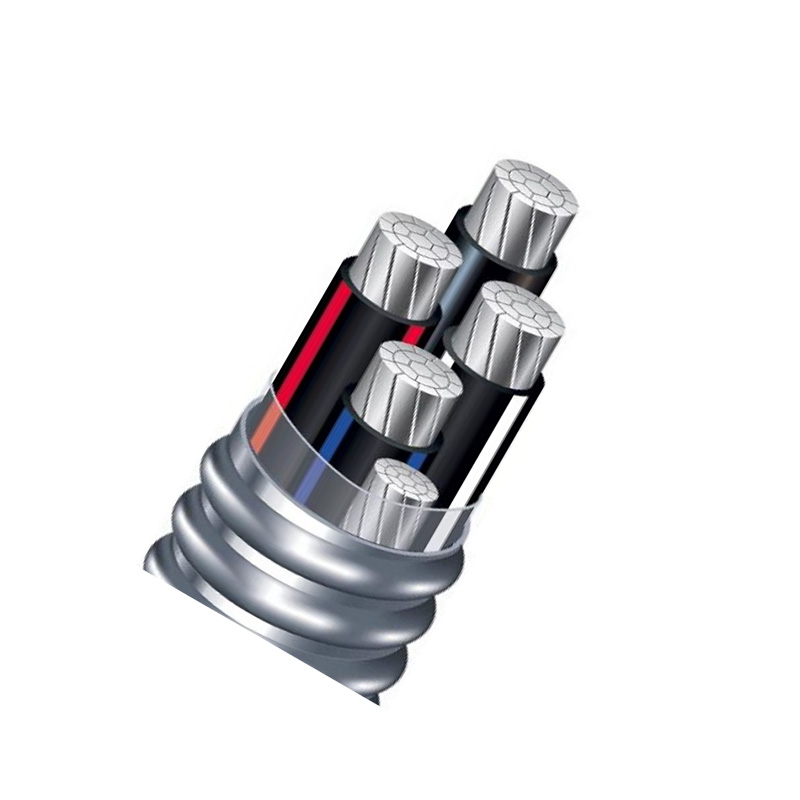Nov . 05, 2024 20:53 Back to list
foot valve for water pump
Understanding Foot Valves for Water Pumps
In the world of water pumping systems, foot valves play an essential role in maintaining the efficiency and effectiveness of various applications. These valves are typically installed at the inlet of a pump to facilitate the withdrawal of water while preventing backflow when the pump is not operating. This article dives into the significance, operation, types, and maintenance of foot valves for water pumps.
What is a Foot Valve?
A foot valve is a type of one-way valve situated underwater at the end of a suction line connected to a pump. Its primary function is to maintain the pump's prime by preventing the water in the suction line from draining back into the source when the pump stops. This feature is critically important, particularly for deep-well pumps, where maintaining a consistent supply of water is essential for operational efficiency. Without a foot valve, the pump would need to reprime each time it starts, significantly increasing wear and tear and reducing efficiency.
How Does a Foot Valve Work?
Foot valves operate using a simple mechanism that relies on a flap or disc. When the pump is in operation, the pressure created by the pump opens the foot valve, allowing water to enter the pump. Conversely, when the pump is turned off, the valve closes due to gravity or spring tension, thus preventing water from flowing back. This one-way flow mechanism is crucial for keeping the suction line filled with water, which is necessary for the pump to operate effectively when restarted.
Types of Foot Valves
1. Swing Type Foot Valve This is the most common type, featuring a hinged flap that swings open and closed. It is ideal for applications with larger flow rates, as it allows for rapid opening and closing.
2. Lift Type Foot Valve This design uses a straight-moving disc that lifts off a seat to allow water flow. While less common, it is valuable in situations where noise reduction is necessary, as it typically operates more quietly than swing-type valves.
3. Screen Foot Valve A variant equipped with a strainer or mesh screen to prevent debris from entering the pump. This is especially useful in water bodies that may have floating materials or sediments.
4. Check Valve Foot Valve This type includes a check valve feature that further enhances the one-way flow capabilities, proving beneficial in systems where a higher degree of reliability is necessary.
Applications of Foot Valves
Foot valves are widely used in various applications, including
foot valve for water pump

- Irrigation Systems Ensuring that water flows consistently to agricultural fields while preventing backflow that could pollute the water supply
.- Well Pumps Essential for extracting groundwater without losing the prime, particularly in deep wells.
- Water Supply Systems Used in municipal water systems to maintain flow and pressure while preventing contamination.
- Industrial Applications Employed in various industrial processes that require consistent water supply and pressure management.
Maintenance of Foot Valves
Regular maintenance of foot valves is essential for ensuring their longevity and efficiency. Here are several maintenance tips
1. Regular Inspection Inspect the valve periodically for signs of wear, corrosion, or obstruction. Debris can accumulate on the screen and cause inefficient water flow.
2. Cleaning Remove and clean the valve and screen to prevent blockage. This should be done during seasonal maintenance or as needed.
3. Check for Leaks Ensure that the valve is sealing correctly when closed. Any leaks can lead to backflow problems and loss of prime.
4. Replace Worn Parts If you notice that the flap or seat of the valve is worn out, make sure to replace it promptly to maintain optimal operation.
5. Professional Servicing For systems that require intricate maintenance or troubleshooting, hiring a professional may save time and prevent costly mistakes.
Conclusion
Foot valves are a crucial component of water pumping systems, particularly where maintaining prime and preventing backflow are critical. By understanding their operation, types, and maintenance needs, users can ensure the longevity and reliability of their water pumps. Whether for agricultural, residential, or industrial purposes, investing in a quality foot valve will enhance the overall efficiency of water management systems. Proper care and attention to these valves not only improve performance but also ensure a sustainable water supply for various applications.
Share